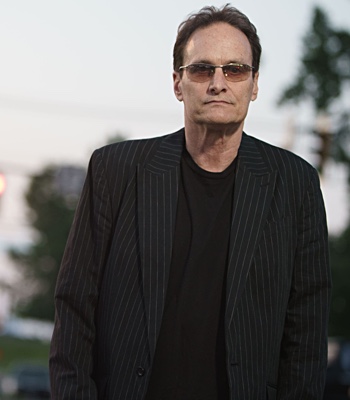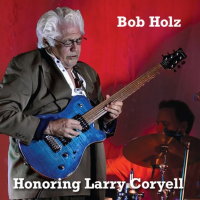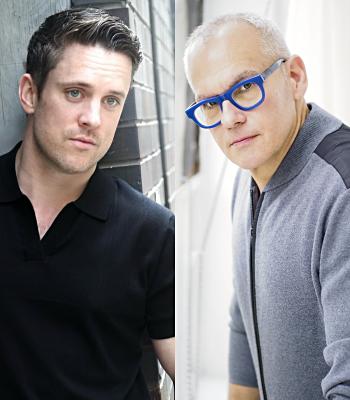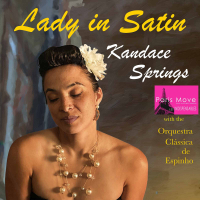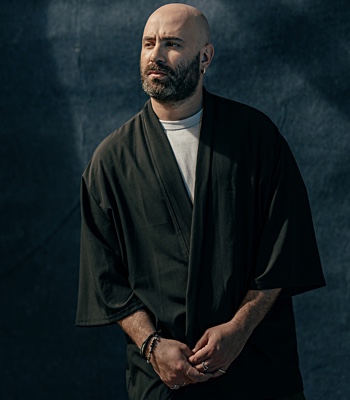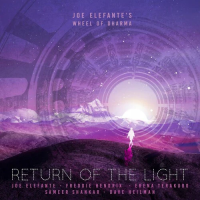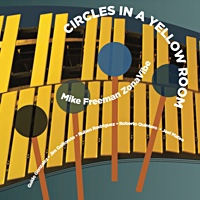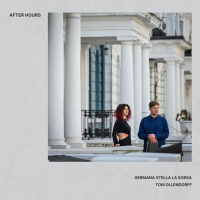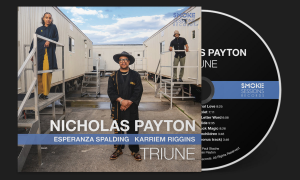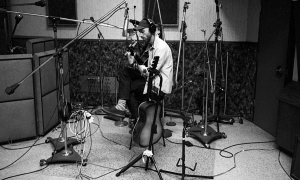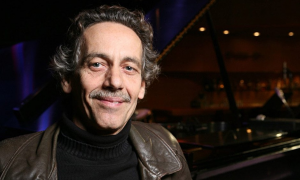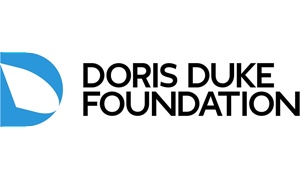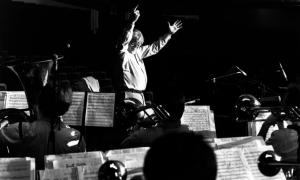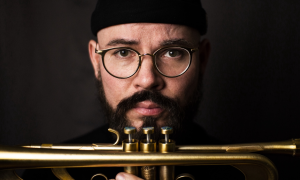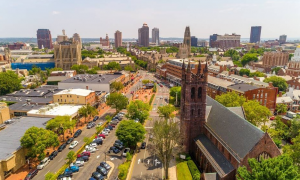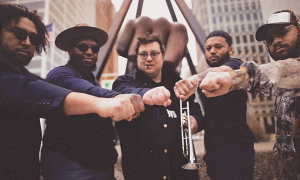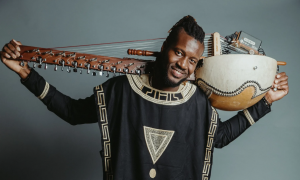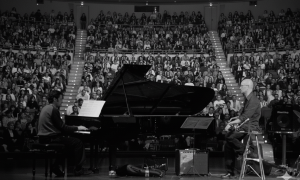If you want some good ol' liberal-bashing, go someplace else. Sure, I can jab at “All Things Considered" and all the overly-cerebral discourse, but I'm also listening to NPR, KCRW, and other stations like Classical KUSC all the time. The programming is just better on the 'far left' of the dial, so to speak—it's better researched, less schlocky, less repetitive, and more serious.
But there's been a serious debate about whether the government should be paying for this—whether it be news, TV, or music. Just yesterday, the Corporation for Public Broadcasting (CPB) and National Public Radio (NPR) celebrated the continuation of their federal funding allocation, a decision that followed nail-biting deliberations in Congress. This had all the markings of a cutback, especially given the broader financial and political atmosphere, but most of the funding remains intact in the most recent budget. In total the CPB will receive $445 million, essentially the same from last year.
That keeps the lights on in many stations—including remote ones—and preserves some pretty great programming. The CPB money gets spread around, but according to the last budget, roughly 22 percent went to public radio and member stations. Just 2 percent goes directly to NPR, according to the Washington Post, though member stations also offer significant contributions as well.
In other words, the money gets circulated and means a lot to NPR. “We feel the [continued funding] recognizes that public radio is providing an essential public service and that continued federal funding is critical to keeping public radio strong," NPR executive Anna Christopher relayed. But it also keeps public radio tethered to Congressional purse strings, and therefore limits the independence that public radio stations can enjoy.
And, it also opens the door to the type of ridiculousness that's transpired over the past few months. For those just tuning in, that includes a videotaped sting operation involving fake Muslim donors, the firing of NPR president Vivian Schiller, and endless haranguing by Tea Party and House Republican voices. In fact, the videotaped NPR executive—Ron Schiller—was taped questioning whether the station should cut the cord from federal funding to gain some independence. After all, NPR reporters are being forced to play it super-PC, just to avoid pissing off Capitol Hill. But wouldn't you rather hear real opinions, or music from controversial artists?
Maybe it's better to keep the lights on. Or, the radio on during an emergency. That was an argument perhaps best delivered by Obama himself. “The vast majority of CPB's funding for public radio goes to more than 700 stations across the country, many of them local stations serving communities that rely on them for access to news and public safety information," Obama stated last month. So, maybe the old radio in the kitchen is more reliable than a mobile device or broadband connection, which offers far more access to information?
Maybe, but do we need the same overlap in music? Sure, the mainstream radio dial is mostly rigged—maybe it's not the blatant payola of the old days, but it's nearly-impossible for non-major label acts to get access. But does that mean we need funded public stations to balance it out? After all, there are now so many other options—Pandora, mobile phones, iPads, iPods... the internet! Sure, public radio has boosted a lot of indie bands, but can the US really afford this luxury—especially in an era of such wide-open access? Because let's face it: in the end, music fans are drowning in other options—and this country is slowly drowning in debt.
But there's been a serious debate about whether the government should be paying for this—whether it be news, TV, or music. Just yesterday, the Corporation for Public Broadcasting (CPB) and National Public Radio (NPR) celebrated the continuation of their federal funding allocation, a decision that followed nail-biting deliberations in Congress. This had all the markings of a cutback, especially given the broader financial and political atmosphere, but most of the funding remains intact in the most recent budget. In total the CPB will receive $445 million, essentially the same from last year.
That keeps the lights on in many stations—including remote ones—and preserves some pretty great programming. The CPB money gets spread around, but according to the last budget, roughly 22 percent went to public radio and member stations. Just 2 percent goes directly to NPR, according to the Washington Post, though member stations also offer significant contributions as well.
In other words, the money gets circulated and means a lot to NPR. “We feel the [continued funding] recognizes that public radio is providing an essential public service and that continued federal funding is critical to keeping public radio strong," NPR executive Anna Christopher relayed. But it also keeps public radio tethered to Congressional purse strings, and therefore limits the independence that public radio stations can enjoy.
And, it also opens the door to the type of ridiculousness that's transpired over the past few months. For those just tuning in, that includes a videotaped sting operation involving fake Muslim donors, the firing of NPR president Vivian Schiller, and endless haranguing by Tea Party and House Republican voices. In fact, the videotaped NPR executive—Ron Schiller—was taped questioning whether the station should cut the cord from federal funding to gain some independence. After all, NPR reporters are being forced to play it super-PC, just to avoid pissing off Capitol Hill. But wouldn't you rather hear real opinions, or music from controversial artists?
Maybe it's better to keep the lights on. Or, the radio on during an emergency. That was an argument perhaps best delivered by Obama himself. “The vast majority of CPB's funding for public radio goes to more than 700 stations across the country, many of them local stations serving communities that rely on them for access to news and public safety information," Obama stated last month. So, maybe the old radio in the kitchen is more reliable than a mobile device or broadband connection, which offers far more access to information?
Maybe, but do we need the same overlap in music? Sure, the mainstream radio dial is mostly rigged—maybe it's not the blatant payola of the old days, but it's nearly-impossible for non-major label acts to get access. But does that mean we need funded public stations to balance it out? After all, there are now so many other options—Pandora, mobile phones, iPads, iPods... the internet! Sure, public radio has boosted a lot of indie bands, but can the US really afford this luxury—especially in an era of such wide-open access? Because let's face it: in the end, music fans are drowning in other options—and this country is slowly drowning in debt.

